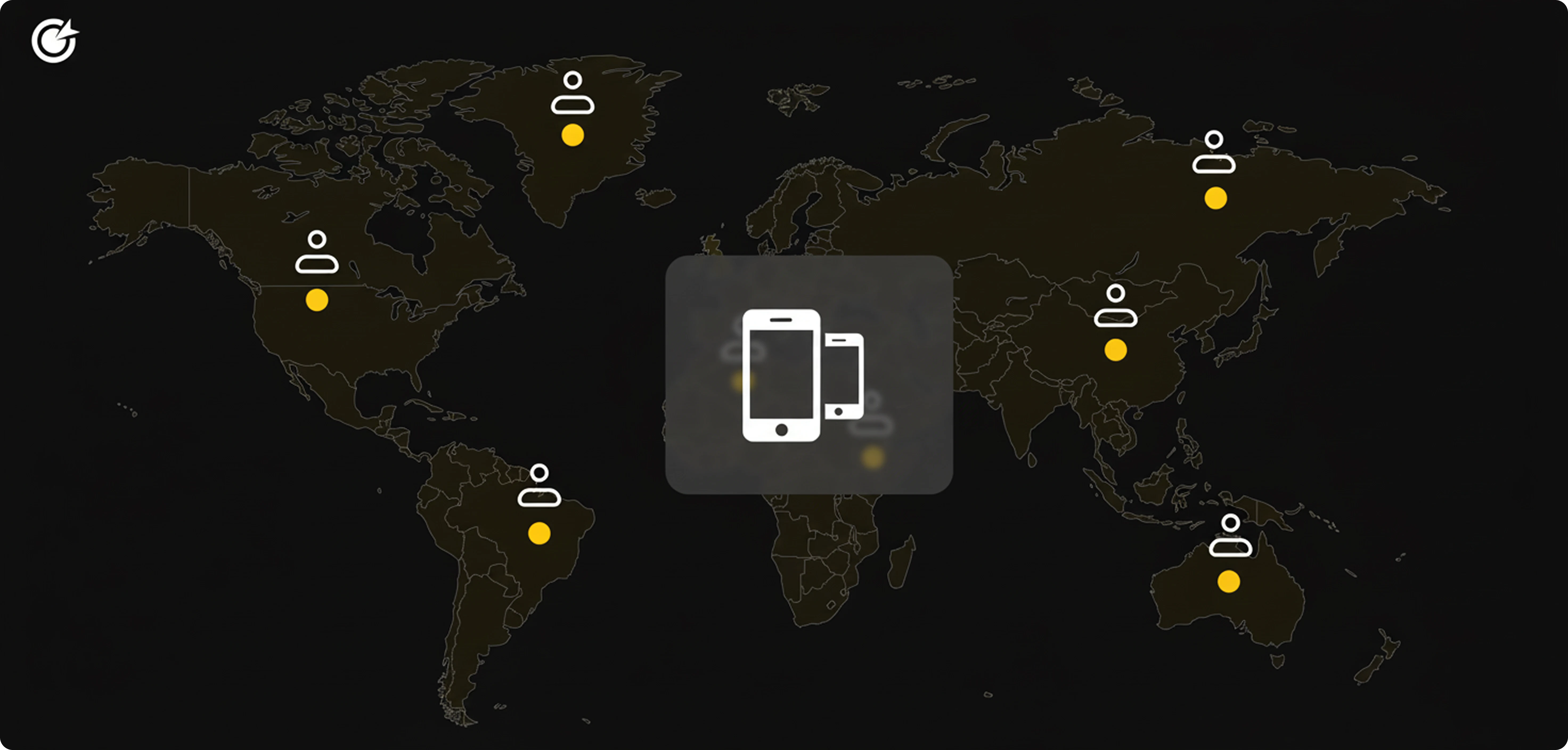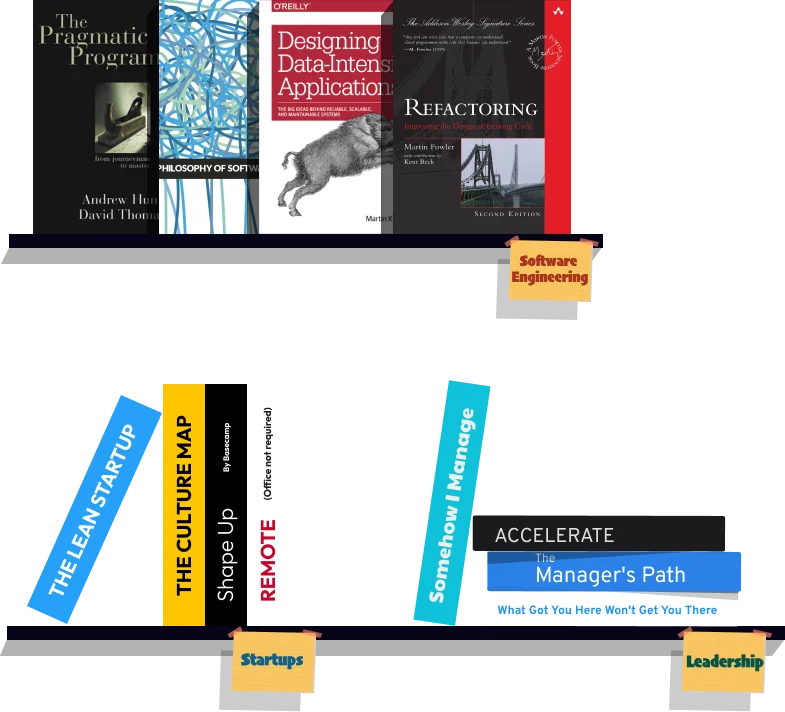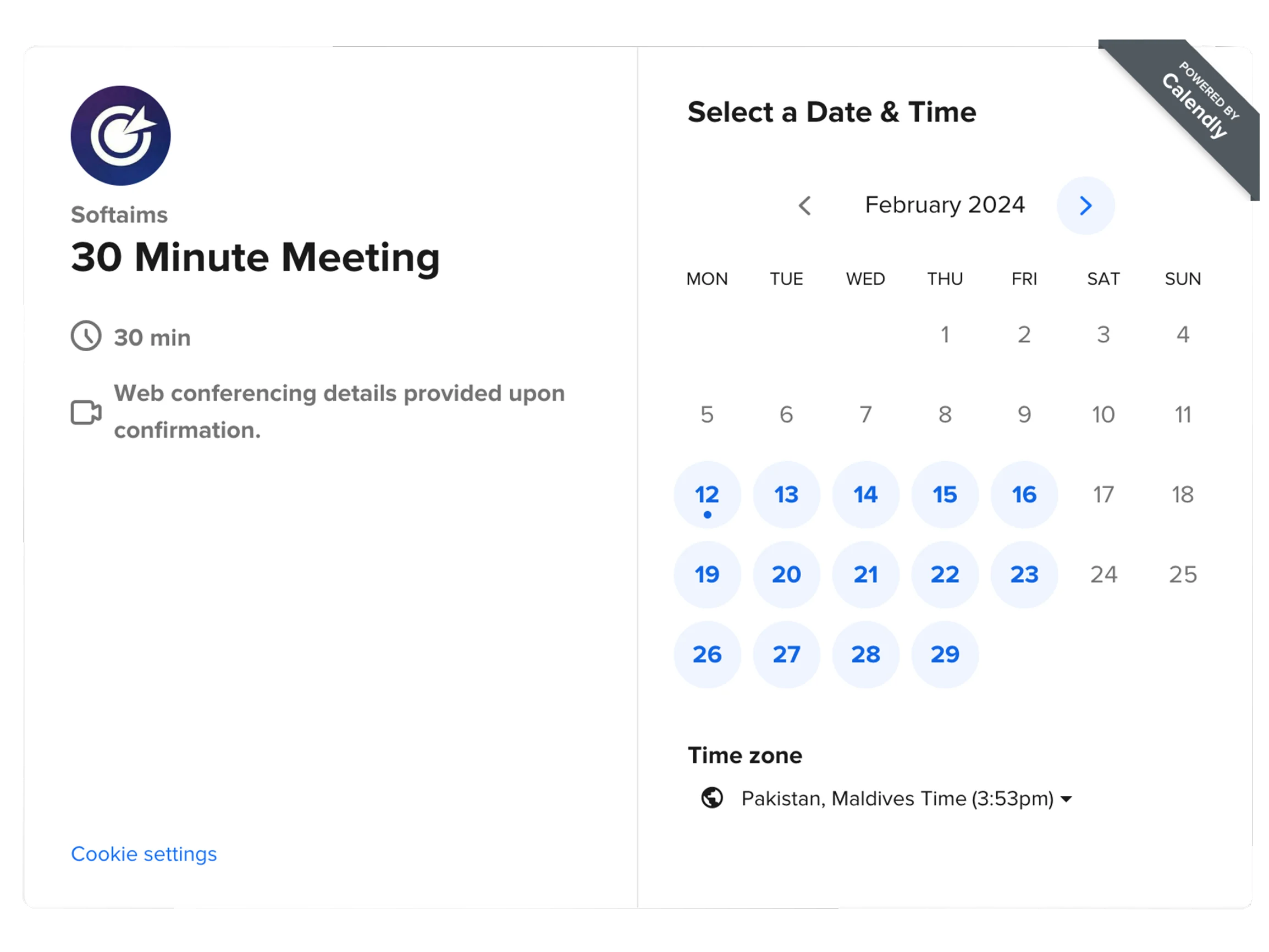The Architects of The Mobile World App Developers
Mobile App Developers are the engineers who build the software that runs on the devices we carry with us every day. They are responsible for turning an idea into a functional, reliable, and engaging application for platforms like iOS and Android, creating the on-the-go digital experiences that have become a central part of modern life.

Hiring a skilled app developer is a direct investment in your company's ability to connect with its audience on their most personal and frequently used devices. Their expertise is fundamental to building a presence in the massive and lucrative mobile ecosystem, whether for a consumer-facing app or an internal business tool.
Native vs Cross-Platform Expertise
A key consideration when hiring is whether you need a native or a cross-platform developer. Native developers are specialists who build for a single platform, using the official language and tools. This means Swift for iOS and Kotlin for Android. This approach typically yields the best performance and the deepest integration with the platform's features.
Cross-platform developers, on the other hand, use a framework like React Native or Flutter to build a single application that runs on both iOS and Android. This approach can dramatically accelerate development time and reduce costs, making it a very popular choice. A candidate should have a clear and deep expertise in one of these two paths.
Platform SDKs and Human Interface Guidelines
Proficiency with the official Software Development Kits (SDKs) and development environments is non-negotiable. For an iOS developer, this means a mastery of the iOS SDK and the Xcode IDE. For an Android developer, it means a mastery of the Android SDK and the Android Studio IDE.
Beyond just the tools, a great app developer must have a deep respect for the platform's design conventions. They need to be intimately familiar with Apple's Human Interface Guidelines for iOS and Google's Material Design for Android. Following these guidelines is what makes an app feel intuitive and "native" to the user.
UI and UX Implementation Skills
A great app developer can translate a designer's vision into a pixel-perfect, responsive, and performant user interface. For a native iOS developer, this requires expertise in a UI framework like UIKit or the modern, declarative SwiftUI. For a native Android developer, this means expertise in XML layouts or the modern, declarative Jetpack Compose.
They must be experts at building adaptive layouts that work flawlessly across a wide range of screen sizes and device orientations, from the smallest phone to the largest tablet. Familiarity with creating smooth animations and transitions is also a key part of building a delightful user experience.
API Integration and Data Handling
Modern apps are rarely self-contained; they are windows into a larger world of data. A developer must be proficient at communicating with backend services to fetch and post data. This requires a mastery of making asynchronous network requests and parsing data formats, most commonly JSON.
They should have hands-on experience with the standard networking libraries for their platform
(like URLSession for iOS) or popular third-party libraries
(like Retrofit for Android).
The ability to handle different network conditions and manage loading and error states gracefully
is a core competency.
Local Data Persistence
To provide a fast and seamless experience, especially when offline, apps need to store data locally on the device.
A candidate should have experience with a variety of data persistence techniques. This can range from simple
key-value storage for user preferences (using UserDefaults or SharedPreferences)
to a full-fledged local database.
For more complex data, they must be skilled with a robust database solution. For iOS, this could be the built-in
Core Data framework. For Android, this is typically the Room persistence library. The ability to design a local
data model and manage it efficiently is a crucial skill.
Testing and Quality Assurance
A commitment to quality is demonstrated by a robust testing strategy. An app developer must be experienced in writing automated tests to ensure their application is reliable and bug-free. This includes writing unit tests to validate the business logic and UI tests to ensure the interface behaves as expected.
They must be proficient with the standard testing frameworks for their platform, such as XCTest for iOS and Espresso or JUnit for Android. A developer who values testing is a developer who builds a more stable, maintainable, and higher-quality product.
Performance Optimization and Memory Management
Mobile devices have finite resources, and performance is a critical feature. A skilled app developer knows how to build an application that is fast, responsive, and mindful of the user's battery life. They should be proficient with the platform's profiling tools, like Instruments on iOS or the Android Profiler.
They must have a solid understanding of memory management to prevent memory leaks and crashes, especially when dealing with large images or data sets. The ability to identify and fix performance bottlenecks, from slow UI rendering to inefficient data processing, is what separates a good developer from a great one.
Version Control with Git
App development is a collaborative process, making proficiency with Git an absolute necessity. A candidate must be comfortable with the entire development workflow, including branching strategies, submitting pull requests for code review, and resolving merge conflicts. Experience with a platform like GitHub or GitLab is a standard expectation.
Strong version control habits are the foundation of an effective and professional team. A developer who writes clear commit messages and can work collaboratively on a shared codebase is a valuable asset to any engineering organization.
App Store Deployment and Maintenance
Building an app is only part of the job; deploying it is the final, crucial step. A developer must have a thorough understanding of the entire submission and review process for both the Apple App Store and the Google Play Store. This is a complex process that includes code signing, managing certificates, and configuring the app store listing.
They should also have experience with post-launch maintenance, including monitoring for crashes with a tool like Firebase Crashlytics and rolling out updates. An understanding of the full application lifecycle, from the first line of code to ongoing maintenance, is the mark of a well-rounded and professional developer.
How Much Does It Cost to Hire an App Developer
The cost to hire a skilled app developer is high, reflecting the specialized expertise required to build for the major mobile platforms. The salary is heavily influenced by their geographic location, years of experience, and whether they are a native or cross-platform specialist. Developers with a portfolio of successful, highly-rated apps are in particularly high demand.
Tech hubs in North America and Western Europe have the highest salary ranges. The following table provides an estimated average annual salary for a mid-level native mobile app developer to illustrate these global differences.
| Country |
Average Annual Salary (USD) |
| United States |
$132,000 |
| United Kingdom |
$88,000 |
| Germany |
$85,000 |
| Canada |
$100,000 |
| Australia |
$98,000 |
| Poland |
$60,000 |
| Ukraine |
$55,000 |
| India |
$38,000 |
| Brazil |
$48,000 |
| Japan |
$82,000 |
When to Hire Dedicated App Developers Versus Freelance App Developers
Hiring a dedicated, full-time app developer is the best choice for building and maintaining a core business application. A dedicated team member can take deep ownership of the product, ensuring its long-term health, and can continuously iterate on new features and respond to user feedback. This is the standard model for a company's flagship app.
Hiring a freelance app developer is a more tactical decision, ideal for specific, well-defined projects. This is a perfect model for building a simple, standalone app for an event, creating a prototype to validate a business idea, or getting expert help to implement a specific feature. Freelancers and agencies provide incredible flexibility and can get a project done quickly.
Why Do Companies Hire App Developers
Companies hire app developers to meet their customers where they are: on their mobile devices. A native mobile app provides the most performant, engaging, and deeply integrated experience possible on a smartphone. This allows a company to build a direct and valuable relationship with its users through features like push notifications and access to device hardware.
Ultimately, a mobile app can be a powerful driver of business growth, customer loyalty, and competitive advantage. Whether it's an e-commerce app that makes purchasing seamless, a productivity app that helps users in their daily lives, or a game that provides entertainment, a well-built app is a critical asset in the modern digital economy.
In conclusion, hiring a top-tier app developer requires assessing a wide range of skills that go far beyond just writing code. The ideal candidate will combine a deep mastery of their chosen platform's language and SDKs with a disciplined approach to architecture, testing, and performance. By focusing on engineers who also have a strong appreciation for the platform's design guidelines and the entire app deployment lifecycle, companies can build teams capable of creating the outstanding mobile experiences that users love and that drive business success.



































